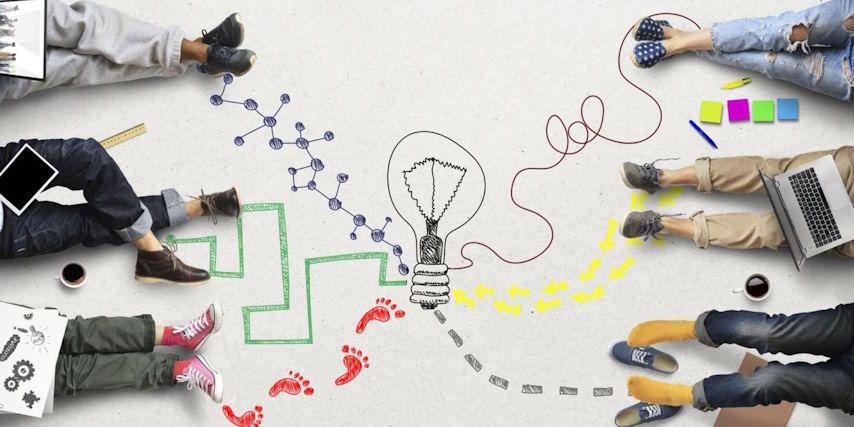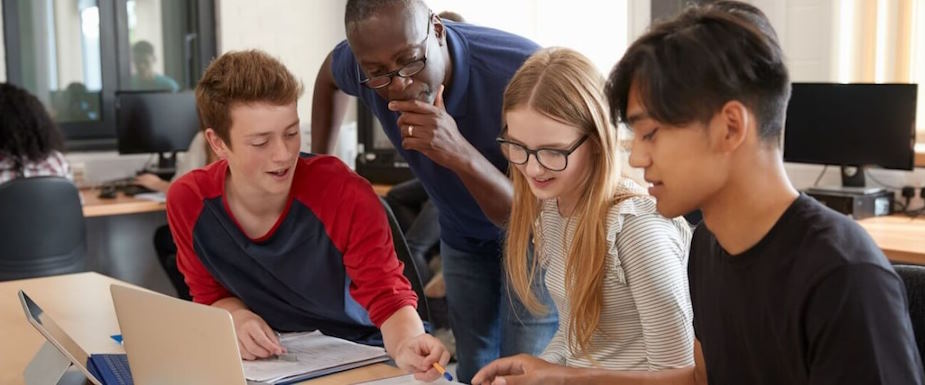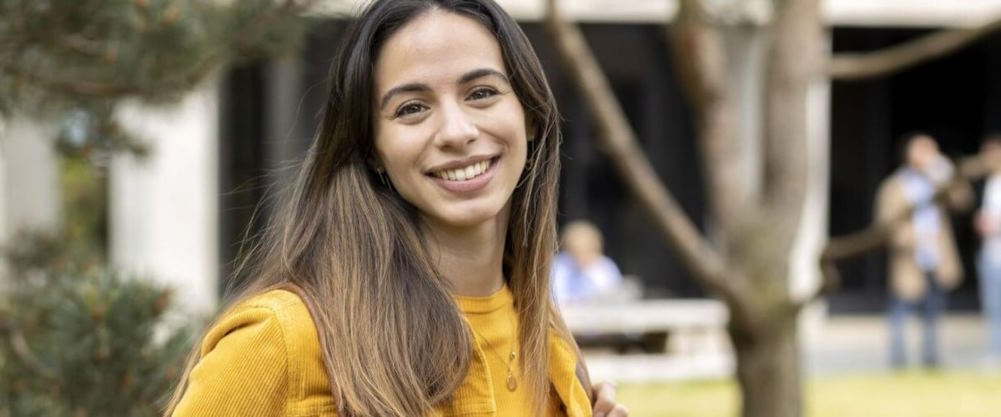European Education: A Holistic Approach to Empowering Students
European education has gained recognition worldwide for its holistic approach to empowering students. Unlike traditional educational models, European schools prioritize the comprehensive development of students, focusing not only on academic excellence but also on nurturing their personal growth, critical thinking skills, creativity, and emotional intelligence. This article explores the key elements of European education that contribute to the empowerment of students, fostering their overall well-being and preparing them for success in an ever-changing world.
A Student-Centered Learning Environment
European education places students at the center of the learning process. The curriculum is designed to be engaging, interactive, and tailored to individual needs. Students are encouraged to actively participate in their education, express their opinions, and pursue their passions. This student-centered approach fosters a sense of ownership, self-motivation, and a love for learning, empowering students to take charge of their educational journey.

Emphasis on Critical Thinking and Problem-Solving
European education strongly emphasizes developing critical thinking and problem-solving skills. Students are encouraged to analyze complex issues, ask thoughtful questions, and think independently. They are provided with opportunities to engage in hands-on activities, collaborative projects, and real-world problem-solving scenarios. This approach equips students with the ability to navigate challenges, evaluate information critically, and find innovative solutions, empowering them to become lifelong learners and adaptable problem solvers.
Holistic Development of Personal and Social Skills
European education recognizes the importance of holistic development, including personal and social skills. Students must develop emotional intelligence, empathy, effective communication, and teamwork skills. They participate in activities that promote cultural understanding, respect for diversity, and responsible citizenship. By focusing on personal and social skills, European education empowers students to navigate relationships, contribute positively to their communities, and become well-rounded individuals.

Integration of Arts, Sports, and Extracurricular Activities
European education believes in the power of arts, sports, and extracurricular activities in shaping students’ holistic development. Students are encouraged to explore their creative talents through arts programs such as music, visual arts, and drama. They actively participate in sports activities, fostering physical fitness, teamwork, and sportsmanship. Extracurricular activities such as clubs, community service, and leadership programs allow students to discover their interests, develop leadership skills, and expand their horizons. Integrating various activities empowers students to discover their strengths, boost their self-confidence, and develop a well-rounded personality.
Focus on Well-being and Resilience
European education places a strong emphasis on student well-being and resilience. Schools prioritize creating a supportive and inclusive environment that promotes mental health, stress management, and work-life balance. Students are provided with resources and support systems to navigate challenges and build resilience. This focus on well-being empowers students to thrive academically, emotionally, and socially, enabling them to face life’s ups and downs with confidence and resilience.
European education’s holistic approach to empowering students goes beyond academic achievement. By fostering a student-centered learning environment, emphasizing critical thinking and problem-solving, nurturing personal and social skills, integrating arts and extracurricular activities, and prioritizing well-being and resilience, European schools empower students to become well-rounded individuals equipped to succeed in a rapidly changing world. As European education continues to evolve and adapt to the needs of students, it will continue to play a crucial role in empowering the next generation.


